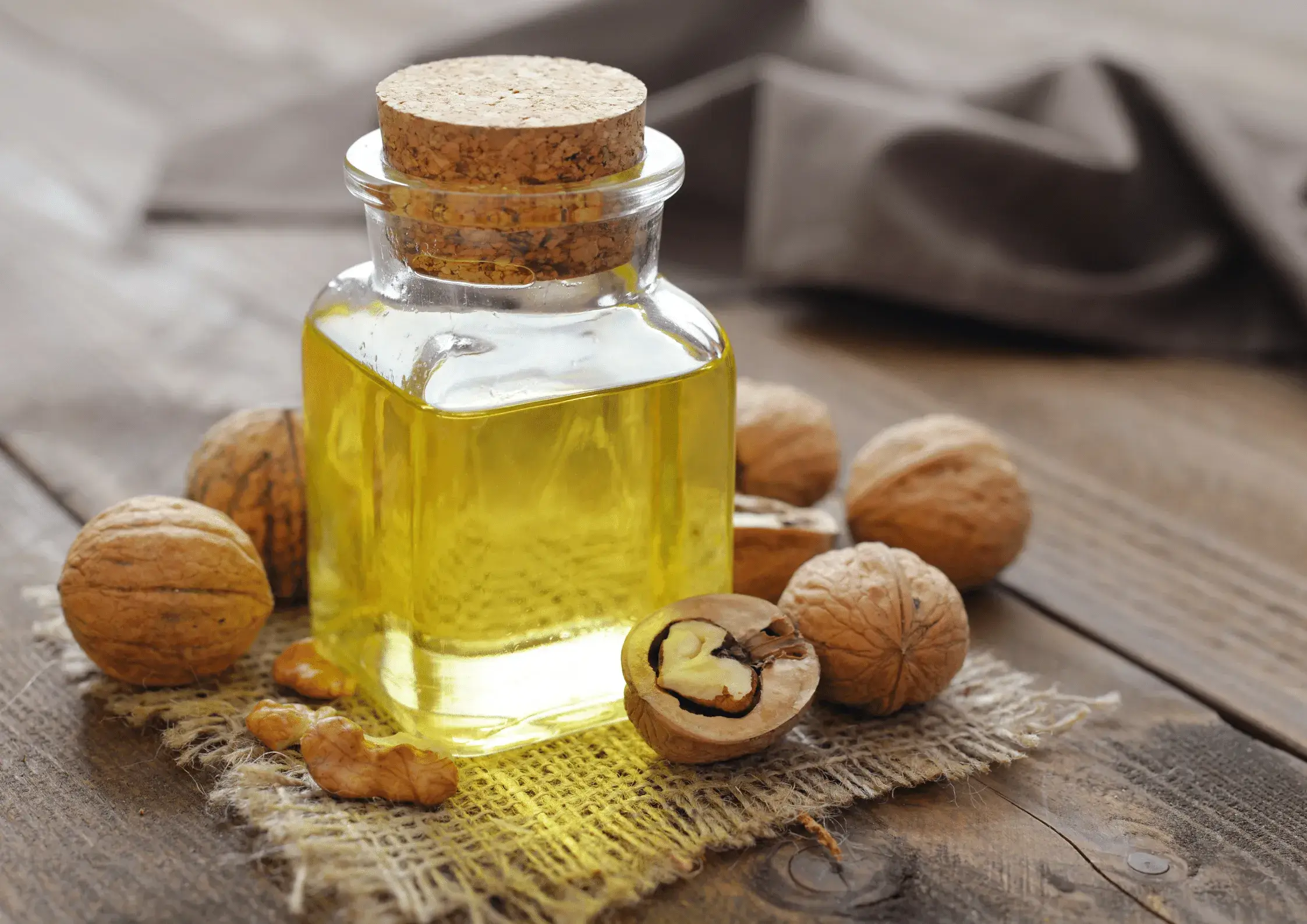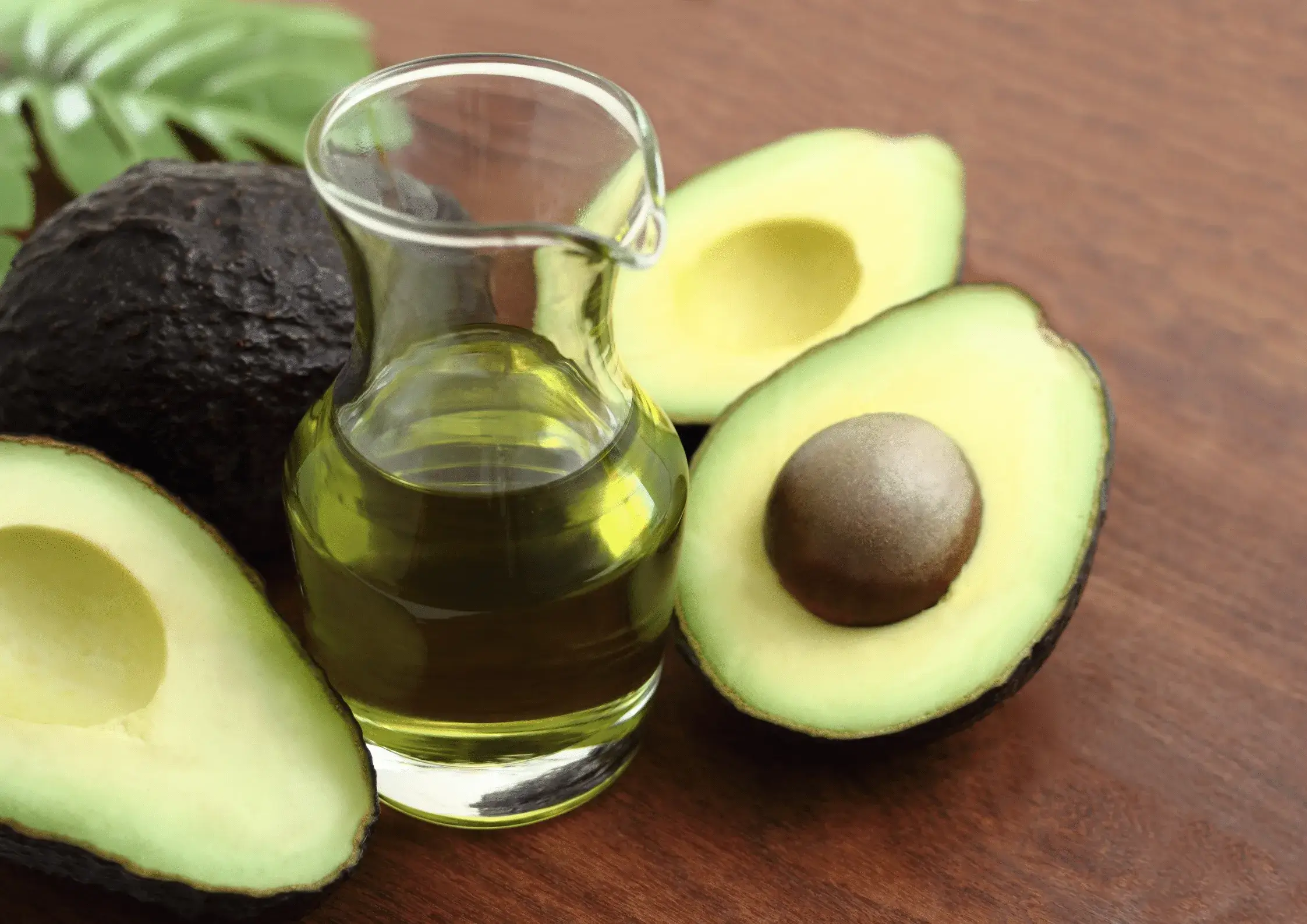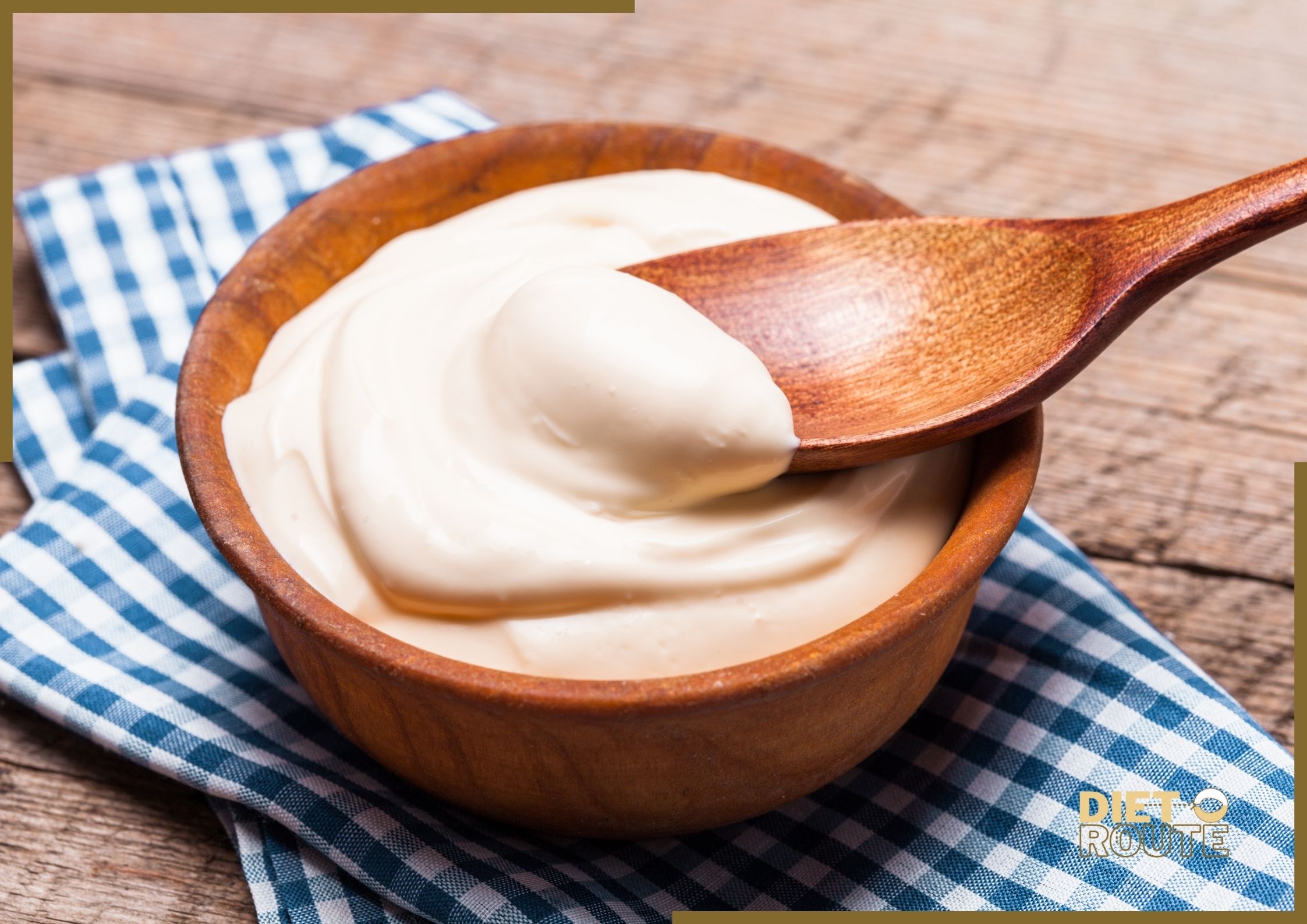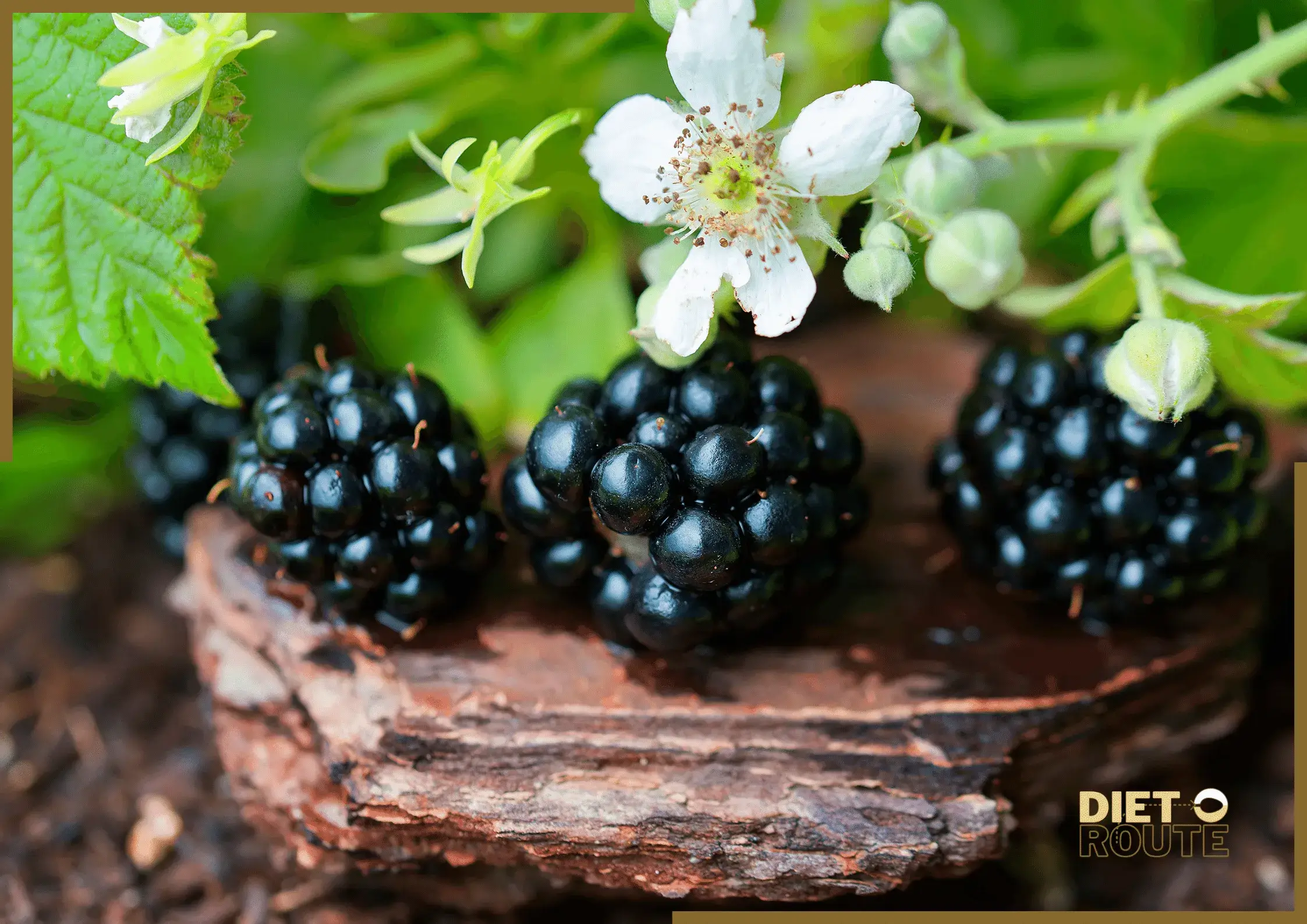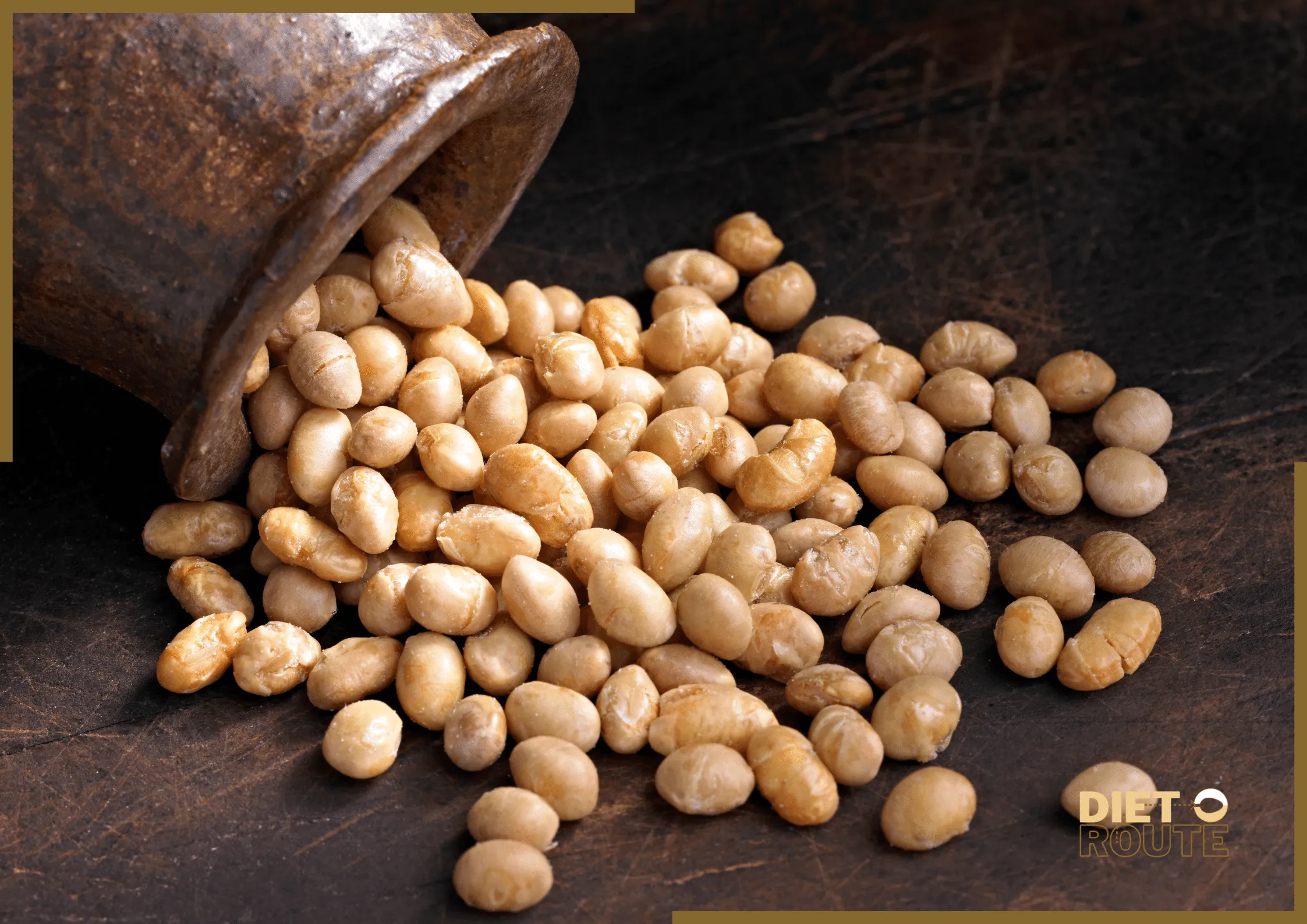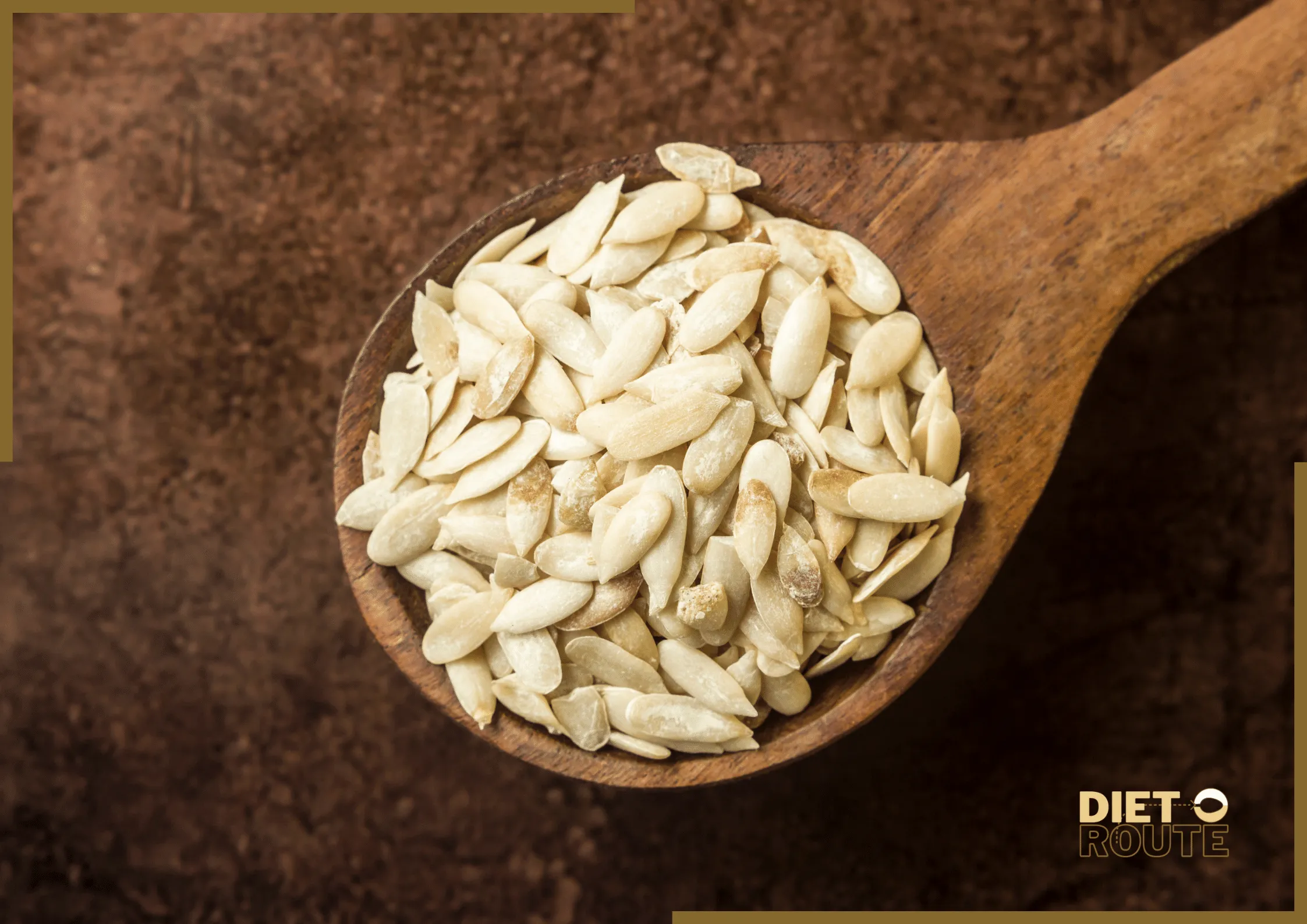Table of Contents
Introduction
Edible walnut oil is derived from the nuts of the walnut tree and is renowned for its distinct flavor and potential health benefits. In this article, we will provide a comprehensive overview of its nutritional value, including a table showcasing its approximate composition per 100 grams. We will also explore the pros and cons, address frequently asked questions, and help you make informed decisions about incorporating it into your diet.
Nutritional Value Approximately 100g
| Nutrient | Amount Per Serving (1 tablespoon) | % Daily Value |
|---|---|---|
| Calories | 120 | 6% |
| Total Fat | 14g | 18% |
| – Saturated Fat | 1g | 5% |
| – Trans Fat | 0g | 0% |
| Monounsaturated Fat | 2g | |
| Polyunsaturated Fat | 11g | |
| Cholesterol | 0mg | 0% |
| Sodium | 0mg | 0% |
| Total Carbohydrates | 0g | 0% |
| – Dietary Fiber | 0g | 0% |
| – Sugars | 0g | |
| Protein | 0g | 0% |
| Vitamin E | 1.9mg | 13% |
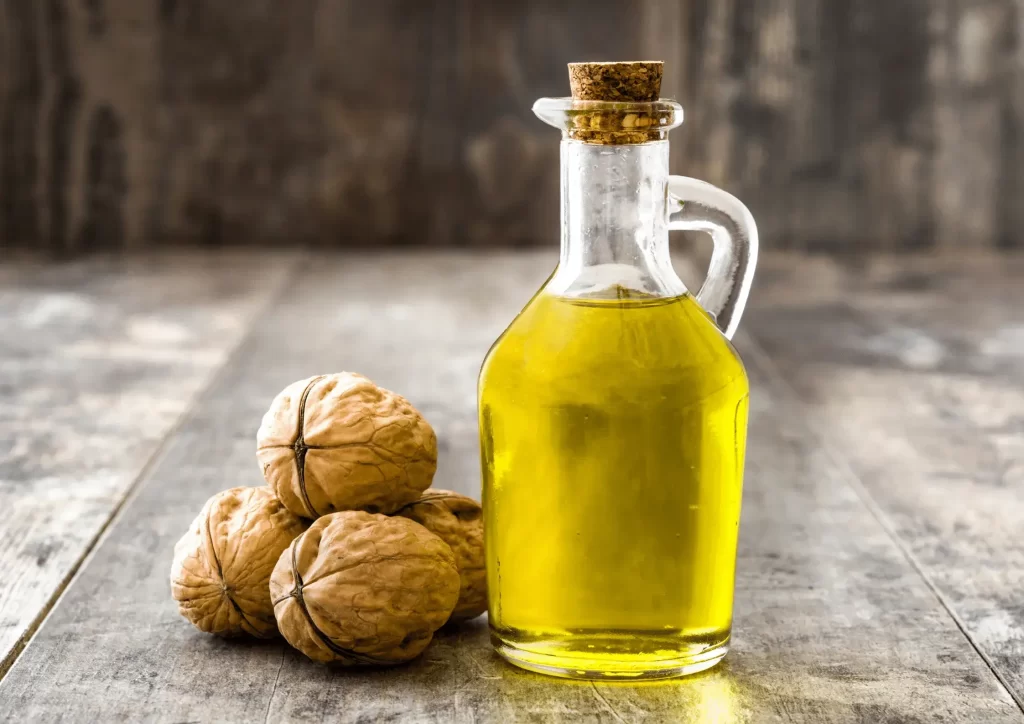
Pros
- Heart-Healthy Fats: Edible walnut oil is a rich source of omega-3 fatty acids, which are beneficial for heart health and may help reduce inflammation.
- Nutrient-Rich: It contains vitamin E, an antioxidant that helps protect cells from damage, and other essential nutrients like magnesium and phosphorus.
- Unique Flavor: The distinctive nutty flavor of walnut oil adds a gourmet touch to salads, dressings, and baked goods.
- Potential Brain Benefits: Omega-3 fatty acids present in walnut oil have been associated with brain health and cognitive function.
Cons
- High Calorie Density: This oil is calorie-dense, so it should be used in moderation to avoid excessive calorie intake.
- Allergic Reactions: Some individuals may be allergic to walnuts or experience allergic reactions to walnut oil. Exercise caution if you have a nut allergy.
Frequently Asked Questions (FAQ)
1) Can walnut oil be used for cooking?
It is best used as a finishing oil or for low-heat cooking to preserve its delicate flavor and nutritional properties.
2) Is walnut oil suitable for individuals with nut allergies?
Individuals with nut allergies should exercise caution when consuming it and consult with a healthcare professional.
3) Does walnut oil require refrigeration?
It should be stored in a cool, dark place or refrigerated to maintain its freshness and prevent rancidity.
4) Can walnut oil be used topically on the skin?
It is sometimes used in skincare products, but it can cause allergies or skin irritation in some individuals. Perform a patch test before using it on the skin.
5) Does walnut oil contain cholesterol?
No, it is cholesterol-free.
6) Can walnut oil help lower cholesterol levels?
The omega-3 fatty acids in this oil may contribute to maintaining healthy cholesterol levels when consumed as part of a balanced diet.
7) Is this oil a good source of vitamin E?
Yes, it is a good source of vitamin E, which acts as an antioxidant in the body.
8) Can walnut oil be used in baking?
It can add a unique flavor to baked goods, but it is best used in combination with other oils or as a substitute for oils with similar flavors.
9) Is walnut oil suitable for vegans and vegetarians?
Yes, it is derived from plant sources and is suitable for vegan and vegetarian diets.
10) Can walnut oil go bad?
Like any oil, this oil can go rancid over time. Pay attention to the expiration date and store it properly to maintain its quality.
Conclusion
Edible walnut oil offers a range of nutritional benefits, including heart-healthy fats, essential nutrients, and a distinct flavor profile. However, its high calorie density and the potential for allergic reactions should be considered. When used in moderation and as part of a balanced diet, this oil can be a flavorful addition to various dishes. Consult with a healthcare professional or a registered dietitian to determine the best way to incorporate it into your individual dietary needs and preferences.
